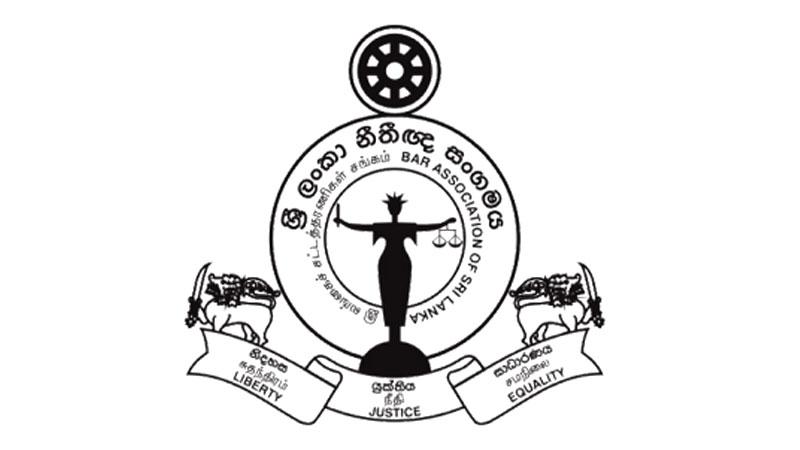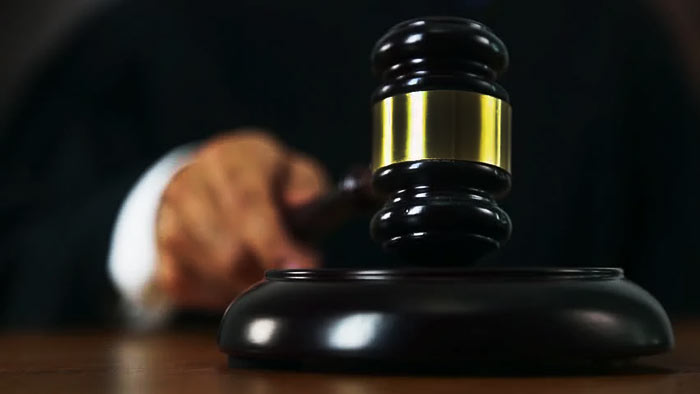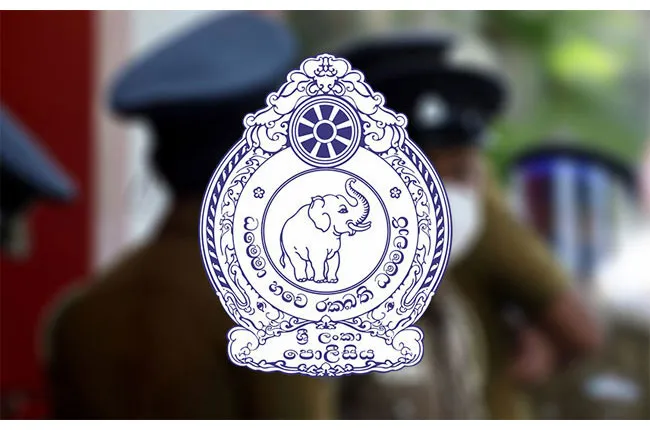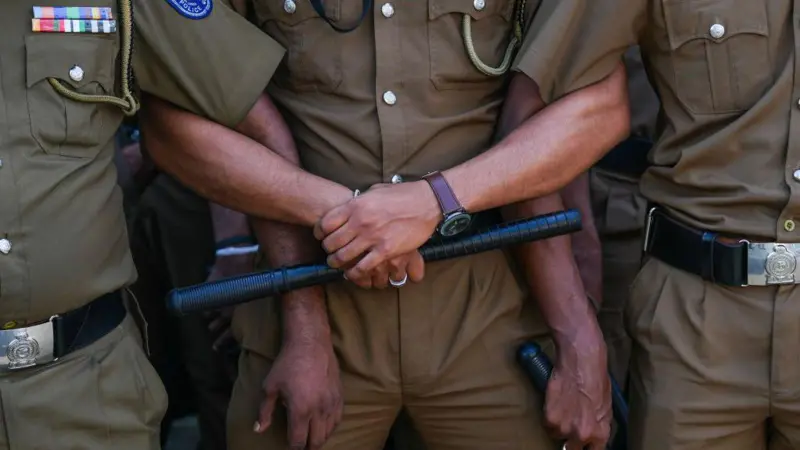In a resounding statement of concern, the Lawyers’ Collective, a prominent legal advocacy group in Sri Lanka, has vehemently condemned the recently gazetted Anti-Terrorism Bill and Online Safety Bill, calling them a threat to democracy and civil liberties in the country.
The Anti-Terrorism Bill and Online Safety Bill, which were gazetted in September 2023 by the Sri Lankan government, have come under fire from the legal community for their purportedly excessive executive discretionary powers and lack of transparency in their formulation.
The Lawyers’ Collective pointed out that the government failed to adequately address the serious and fundamental concerns raised regarding the Anti-Terrorism Bill when it was initially gazetted in March of the same year. Furthermore, they criticized the lack of a transparent and accountable process in which these bills were explained, justified, and subjected to robust public consultation before being gazetted.
One of the primary concerns highlighted by the Lawyers’ Collective is the broad and vague definitions of ‘terrorism’ and ‘false statement,’ along with related offenses outlined in both bills. They argue that such ambiguity does not align with the principles of measured and proportionate law enforcement.
According to the Lawyers’ Collective, these bills seek to institutionalize excessive executive discretionary power, potentially infringing on the ordinary activities and fundamental rights of Sri Lankan citizens. The legal advocacy group stressed that, in a time when the country’s democracy faces significant challenges, hasty enactment of laws that could stifle dissent and curtail civil liberties is alarming.
The Lawyers’ Collective emphasized the importance of creating an open space for citizens to voice their grievances and engage with the government, especially in the context of the current economic crisis. They assert that the intolerance displayed by these proposed laws toward legitimate dissent, critique, opposition, and organizing poses a direct threat to democracy, civil liberties, and the judiciary’s role in safeguarding citizens’ sovereignty.
Reflecting on Sri Lanka’s recent history marred by violence and social upheaval, the Lawyers’ Collective called on both the government and opposition parties to act responsibly towards the nation’s current and future citizens.
In their call to action, the Lawyers’ Collective demanded the immediate withdrawal of both the Anti-Terrorism and Online Safety Bills. They also urged the government to adopt a transparent and consultative process for lawmaking, proposing executive and legal measures that are proportionate and responsive to the needs of the people. The collective made a final plea for the government to refrain from enacting laws that would undermine the foundations of democracy in Sri Lanka, emphasizing that such laws could erode the sovereignty of the people, which forms the bedrock of Sri Lanka’s constitution.
The Lawyers’ Collective’s strong stance on these bills underscores the growing concern among legal professionals and civil society organizations about the state of democracy and civil liberties in Sri Lanka. Their call for withdrawal and transparent, consultative lawmaking reflects a wider debate about the balance between national security and individual rights in the country.




